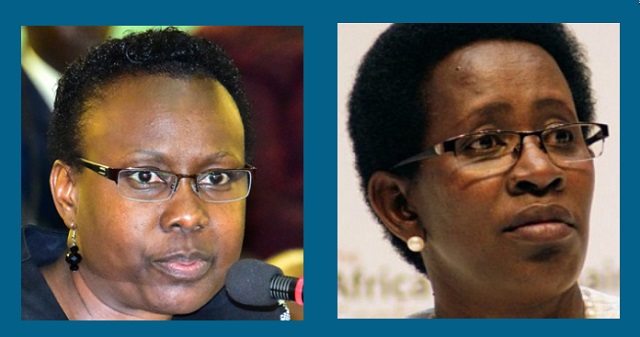
Campaign excitement
With Uganda experiencing political campaign excitement ahead of the polls scheduled for Jan.14 next year, infections are expected to spike and so will be the death toll.
Interestingly, when Simon Byabakama, the Electoral Commission Chairperson cleared the 11 presidential candidates to start campaigns on Nov. 9 under strict measures and guidelines instituted by the government to prevent the spread of the COVID-19 pandemic, the government went ahead and relaxed even further some of the lockdown measures just five days later.
Byabakama had earlier told the presidential candidates that they would be allowed to hold campaign meetings but only in a regulated manner, preferably outdoors with limited attendance of a maximum of 70 persons to enable the observance of the 2-metre social distance rule. In effect, Byabakama banned processions and mass rallies contrary to the set measures put in place to prevent the spread of COVID-19.
“Non-compliance with the guidelines issued for the campaign period will necessitate intervention by law enforcing agencies among other measures,” read part of a statement issued by the EC chairman.
But just days after Byabakama spoke, on Nov. 09; the day presidential campaigns kicked off, the Ministry of Health revised its standard operating procedures and allowed politicians, weddings and churches to gather up to 200 people.
Dr. Jane Ruth Aceng, the Minister of Health who is also running for political office in Lira City said all politicians had to do was ensure that they have hand washing facilities at places where they hold political rallies and that the masses should wear their face masks and maintain a two meter distance from each other. Dr. Aceng also advised politicians to avoid using open car roofs and waving at the population while moving.
Casinos and gaming outlets were also allowed to resume operations but were restricted to between 6:30am and 7pm. Cinemas, gyms, massage parlours and mobile markets were also allowed to resume operations effective Nov. 14. Only bars and discotheques remain closed.
Earlier on July 22, President Museveni had announced re-opening of salons, shopping arcades, bodaboda (motorcycles taxis) and on Sept. 20 allowed up to 1.2 million students who are in their final year of formal education to resume classes ahead of their final examinations.
But since the opening of schools for candidate classes, the Ministry of Health says it is closely monitoring the potential emergence of COVID-19 clusters in schools.
And although this news appears alarming, Kaducu said the government is not considering closing schools. Instead the schools working in consultation with the Director General of the Ministry of Health shall enforce a “stay home” policy for learners who are unwell and have quick links to health authorities.
She said the Health ministry intends to strengthen surveillance in schools with improved recording of attendance for both learners and teachers and instituting symptom monitors to identify cases early. The ministry will also be engaging with schools on health education risk perception and behaviour change to promote a preventive atmosphere in schools.
“There is need to engage with private schools to improve surveillance and reporting of COVID-19 in these communities,” Kaducu said, “The Ministry of Health does not recommend closure of schools as this will only heighten further community transmission and further create a disruption in the learners’ academic progression.”
“It is only under special circumstances i.e capacity of the school or district to respond to COVID-19 and increasing number of cases in the school that the Ministry of Health recommend closure.”
Meanwhile, with the festive season just weeks away, the health ministry says all individuals intending to travel out of Uganda are required to have a COVID-19 certificate taken within 120 hours before arrival or departure and not the 72 hours that were previously recommended.
The ministry says all the intending travellers will have to pay for a COVID-19 test and henceforth, all COVID-19 certificates for travellers must indicate “Travel” as the intended purpose of test.
This will see a marked departure from the recent past where some travellers have been testing at government testing centres claiming that they are contacts to previously confirmed cases, hence tested for free, yet the actual purpose of the test was for travel.
“All tests for ‘contacts’ and ‘alerts’ will be labelled accordingly on their certificates. Please note that ‘contacts and alerts’ will not be allowed to fly even if they are negative for COVID-19.”
 The Independent Uganda: You get the Truth we Pay the Price
The Independent Uganda: You get the Truth we Pay the Price



